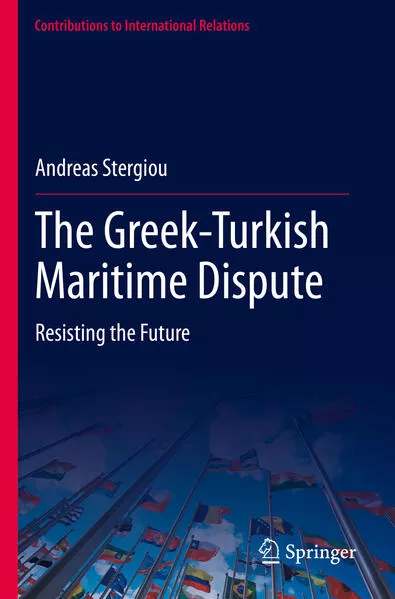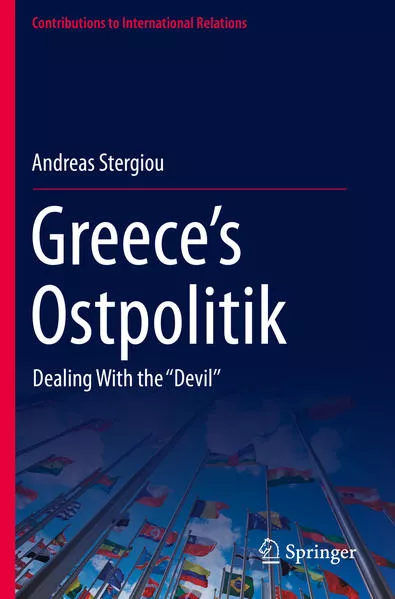
- Publikationen ca: 4
- Fragen & Antworten
Andreas Stergiou
The Greek-Turkish Maritime Dispute
The study provides an extensive legal, geopolitical and historical analysis of all controversial issues making up the Greek-Turkish maritime dispute: the delimitation of territorial waters, the national airspace, the delineation of exclusive economic zones and continental shelf as well as the issue of military presence on the Eastern Aegean islands and its relation to the Greek sovereignty over them.
The Greek-Turkish Maritime Dispute
The study provides an extensive legal, geopolitical and historical analysis of all controversial issues making up the Greek-Turkish maritime dispute: the delimitation of territorial waters, the national airspace, the delineation of exclusive economic zones and continental shelf as well as the issue of military presence on the Eastern Aegean islands and its relation to the Greek sovereignty over them.
The Greek-Turkish Maritime Dispute
The study provides an extensive legal, geopolitical and historical analysis of all controversial issues making up the Greek-Turkish maritime dispute: the delimitation of territorial waters, the national airspace, the delineation of exclusive economic zones and continental shelf as well as the issue of military presence on the Eastern Aegean islands and its relation to the Greek sovereignty over them.
Greece’s Ostpolitik
The book examines the rapprochement between Greece and Eastern Europe during the Cold War. ''Ostpolitik'', which translates to ‘‘Opening to the East’’ is used to describe the policy of conducting affairs with the Soviet Bloc. Using primary sources from Greece, Eastern European States, Cyprus, NATO, the United States, Germany and United Kingdom, this book provides historical and foreign policy analysis of a tumultuous period in the Eastern Mediterranean.



